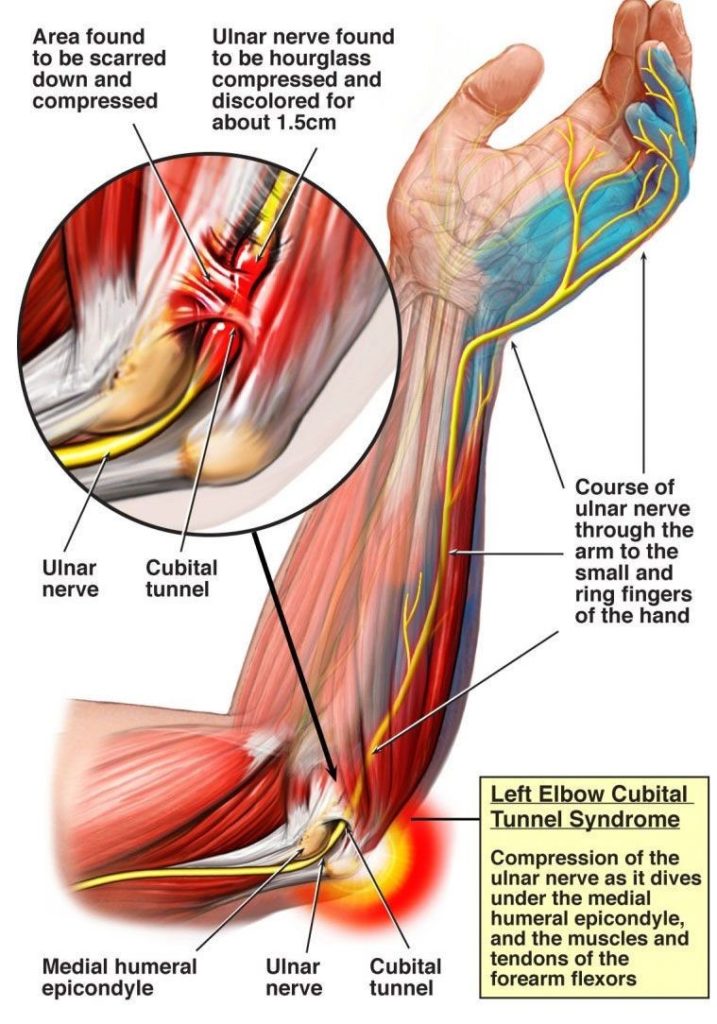


Electromyography and nerve conduction studies are important and helpful in diagnosing motor neuron diseases (ALS), spinal root diseases (disc herniations), peripheral neuropathies (diabetes), single nerve damage (carpal tunnel syndrome), neuromuscular transmission disorders (myasthenia gravis), and primary muscle diseases (muscular dystrophies).īoth procedures are typically uncomfortable but not very painful, and local or generalized anesthesia is not needed in adults. They are the most important tests for diagnosing many neuromuscular diseases and their severity. Electromyography and nerve conduction studies, commonly known as "EMG," are diagnostic tests that measure the electrical activities of peripheral nerves (outside the spinal cord) and muscles.


 0 kommentar(er)
0 kommentar(er)
